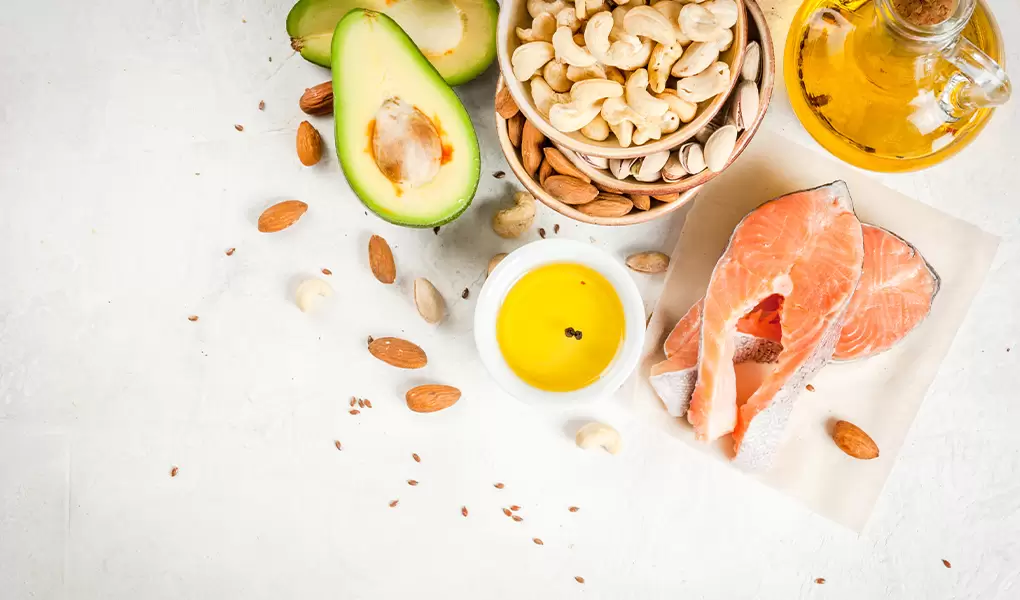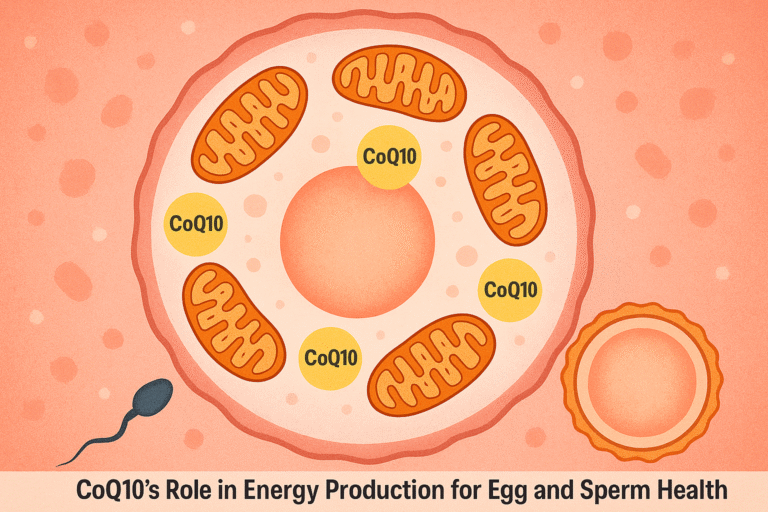Sperm count quality plays a crucial role in male fertility, influencing the ability to conceive. Poor sperm quality can stem from various factors such as lifestyle choices, environmental exposures, and poor nutrition. However, recent studies have shown that certain foods can significantly improve sperm health by providing essential vitamins, minerals, and antioxidants. A nutrient-rich diet not only enhances sperm motility, count, and morphology but also promotes overall reproductive health. In this article, we explore the top foods that can help improve sperm quality.
1. Spinach and Leafy Greens – Packed with Folate
Folate, a B-vitamin, is essential for the development of healthy sperm. Leafy greens such as spinach, kale, and broccoli are excellent sources of folate. Studies suggest that folate-rich foods can increase sperm count and improve sperm quality by reducing DNA fragmentation in sperm cells. A diet rich in folate is known to improve overall reproductive function and may even reduce the risk of birth defects.
Tip: Aim for at least one serving of leafy greens daily, whether it’s in a salad, smoothie, or cooked dish.
2. Fatty Fish – Omega-3 Fatty Acids for Better Sperm Motility
Fatty fish like salmon, mackerel, and sardines are abundant in omega-3 fatty acids, which are crucial for improving sperm motility. Omega-3s help reduce inflammation in the body and promote better blood circulation, which can improve the delivery of oxygen and nutrients to reproductive organs. These healthy fats also aid in the production of testosterone, which is essential for maintaining sperm health.
Tip: Incorporate fatty fish into your meals at least two times a week. If you’re not a fan of fish, omega-3 supplements can be considered as an alternative.
3. Nuts and Seeds – Rich in Vitamin E and Antioxidants
Nuts and seeds, including almonds, walnuts, sunflower seeds, and pumpkin seeds, are packed with antioxidants such as vitamin E and selenium. These antioxidants protect sperm from oxidative stress, which can damage sperm DNA and reduce motility. Additionally, nuts are high in healthy fats, which are necessary for sperm membrane integrity.
Tip: Add a handful of mixed nuts or seeds to your daily snacks or sprinkle them on top of your meals.
4. Eggs – A Source of Protein and Vitamin D
Eggs are an excellent source of high-quality protein, vitamin D, and antioxidants like lutein. Vitamin D plays an essential role in sperm production and motility. Several studies suggest that men with adequate vitamin D levels tend to have better sperm quality. Additionally, the protein content in eggs supports the body’s ability to produce sperm efficiently.
Tip: Enjoy eggs in various forms, such as boiled, scrambled, or in omelets, to ensure you’re getting a consistent dose of vitamins and protein.
5. Berries – High in Antioxidants to Combat Oxidative Stress
Berries such as strawberries, blueberries, and raspberries are packed with antioxidants that protect sperm from oxidative damage. Oxidative stress, caused by an imbalance between free radicals and antioxidants in the body, can lead to DNA damage in sperm, impairing fertility. The antioxidants in berries, including flavonoids and vitamin C, help counteract this damage, promoting better sperm health.
Tip: Snack on fresh berries or add them to your smoothies or salads for a delicious and nutritious boost.
6. Tomatoes – Rich in Lycopene for Sperm Protection
Tomatoes are rich in lycopene, a powerful antioxidant known for its ability to protect sperm from damage caused by free radicals. Lycopene has been linked to improved sperm quality, increased motility, and better sperm morphology (shape). Cooking tomatoes, such as in tomato sauce, can enhance the absorption of lycopene.
Tip: Include tomatoes in your diet in salads, sauces, or soups to enjoy their sperm-boosting benefits.
7. Dark Chocolate – Contains Flavonoids to Enhance Sperm Health
Dark chocolate, particularly those with at least 70% cocoa content, is rich in flavonoids and antioxidants, which can help improve blood flow to the reproductive organs. Studies have shown that the flavonoids in dark chocolate help increase sperm count and improve motility by promoting better circulation. Furthermore, dark chocolate contains magnesium, which is important for sperm health.
Tip: Enjoy a small piece of dark chocolate (around 1 ounce) as an occasional treat to enhance sperm quality.
8. Oysters and Zinc-Rich Foods – Vital for Testosterone and Sperm Production
Oysters are one of the best sources of zinc, a mineral essential for sperm production, motility, and testosterone levels. Zinc plays a crucial role in the development of healthy sperm and can even help prevent sperm abnormalities. Other zinc-rich foods include beans, chickpeas, pumpkin seeds, and lean meats.
Tip: Include zinc-rich foods like oysters, beans, or lean meats in your diet to support sperm health.
9. Garlic – Natural Antioxidant for Enhanced Blood Flow
Garlic contains allicin, a compound that has been shown to improve blood circulation and reduce inflammation. This enhanced blood flow can help transport nutrients to the reproductive organs, improving sperm health. Garlic also provides sulfur compounds that help detoxify the body, which can be beneficial for sperm production.
Tip: Add garlic to your cooking for added flavor and health benefits, or consider taking a garlic supplement after consulting with a healthcare professional.
10. Pomegranates – Boost Sperm Count and Motility
Pomegranates are rich in antioxidants, particularly polyphenols, which help improve sperm quality by increasing sperm count and motility. Some studies suggest that pomegranate juice may protect sperm from oxidative stress and DNA damage, improving overall fertility.
Tip: Drink pomegranate juice regularly or enjoy fresh pomegranate seeds to boost sperm health.
Conclusion: A Balanced Diet for Optimal Sperm Health
A nutrient-rich diet is one of the most effective ways to improve sperm quality. By incorporating these fertility-boosting foods, you can enhance sperm count, motility, and morphology, ultimately increasing your chances of conception. Alongside a healthy diet, it’s also important to adopt a healthy lifestyle, including regular exercise, adequate sleep, and stress management, to support optimal reproductive health.
If you’re concerned about your sperm quality or fertility, it’s always best to consult with a healthcare provider or fertility specialist for personalized advice.





[…] Also read: Top 10 foods that can increase sperm count and motility […]
[…] Read more: Foods that can increase sperm count and quality […]
[…] Also Read : Top 10 food that can increase sperm motality […]
Pretty great post. I simply stumbled upon your blog aand
wished to say that I’ve truly loved surfing around your blog posts.
After all I will be subscribing for your feed and I hope you write once
more very soon!
Your response is highly appreciated